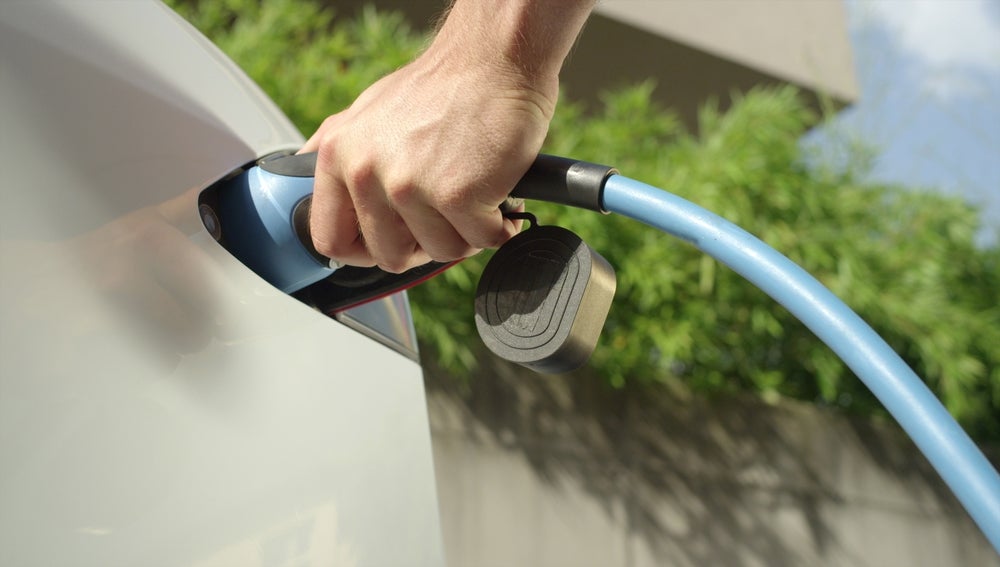
The UK automotive industry witnessed a 1.7% increase in new car registrations last month, according to the latest data from the Society of Motor Manufacturers and Traders (SMMT).
A total of 147,678 units, encompassing private, fleet, and business vehicles, were registered during the reported month.
This marks the 22nd consecutive month of growth, with the previous month recording a 1% growth, reaching 134,274 units.
SMMT also described this achievement as the greatest May market outcome since 2021, although it was 19.6% lower than the 183,724 units recorded in May 2019.
The growth in the market has been predominantly fuelled by fleets and businesses, which saw increases of 14.0% and 9.5%, respectively.
This surge has narrowly compensated for a 12.9% decrease in private retail registrations.

US Tariffs are shifting - will you react or anticipate?
Don’t let policy changes catch you off guard. Stay proactive with real-time data and expert analysis.
By GlobalDataWhile petrol and diesel car deliveries declined, electrified vehicles experienced a rise in demand.
Plug-in hybrid electric vehicles (PHEVs) recorded the highest growth among all powertrains, surging 31.5% to secure an 8.0% market share, while hybrid EVs rose 9.6%, maintaining their position as the “third most popular fuel type” after petrol and battery electric, with a 13.2% market share.
Meanwhile, battery EV registrations outpaced the overall market, up 6.2% to claim a 17.6% market share, an increase from 16.9% in the same period of the previous year.
SMMT noted that the fleet sector has been the main driver of battery-electric vehicle (BEV) uptake, with volumes rising by 10.7%, although private retail BEV registrations saw a slight decline of 2.0%.
Despite the positive figures, the current trajectory is still below the targets set by the government’s Vehicle Emissions Trading Scheme, which requires 22% of new vehicles sold this year by each brand to be zero-emission.
SMMT chief executive Mike Hawes said: “Consumers enjoy a plethora of new electric models and some very attractive offers, but manufacturers can’t sustain this scale of support on their own indefinitely.
“Their success so far should be a signpost for the next government that a faster and fairer transition requires carrots, not just sticks.”
SMMT proposes that temporarily halving VAT on new BEV purchases, along with reducing VAT on public charging from 20% to 5%, could stimulate demand.
This measure could potentially put over a quarter of a million EVs on the road over the next three years, replacing petrol or diesel cars.







